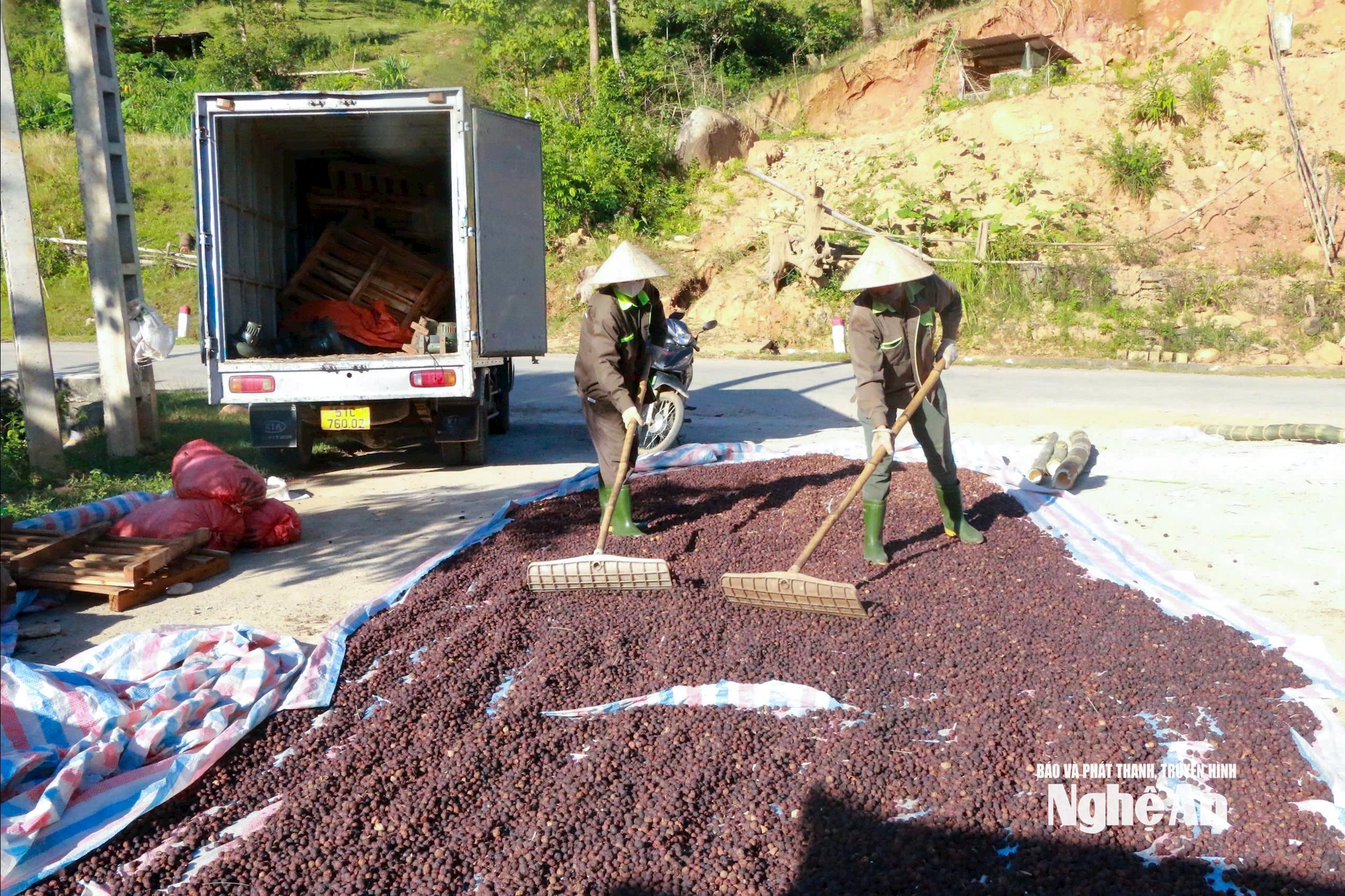
In August, when the autumn sun spreads golden over the hillsides, the bo bo begins to ripen, signaling the harvest season. From early morning, groups of people carrying baskets, their hands nimbly walking along streams, creeks, and hillsides to pick the fruit. The pungent aroma of ripe bo bo blends with the smell of moist soil and forest wind, making the atmosphere of the harvest season even more bustling.
In Phay, Cha Hia, Dinh Tai, Na Ngan, Xop Kho, Na Kho villages... of Nga My commune (formed on the basis of merging Xieng My commune and the old Nga My commune of Tuong Duong district), this year, the purchase price of dried bo bo at home reached 800,000 - 850,000 VND/yen, nearly double that of last year.
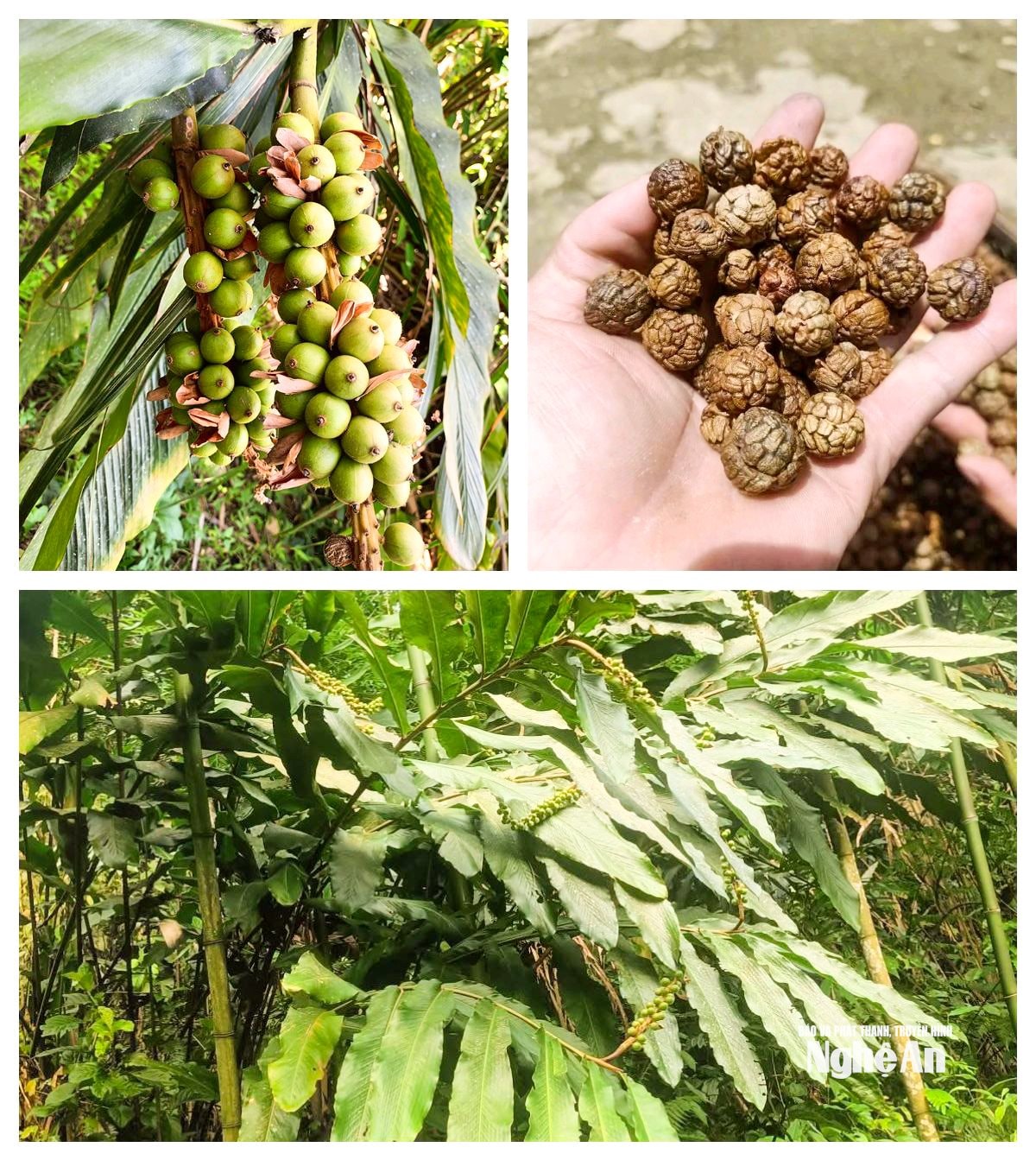
Freshly picked fruits are boiled, peeled, and dried on bamboo mats, and the aroma spreads throughout the village. "Bo bo season only lasts about a month, traders come to buy at home, so everyone takes advantage of the opportunity to make them, both to have a good harvest and a good price," said Mr. Lo Danh - Chairman of the Farmers' Association of Nga My commune.
In Pha Lom village, Tam Thai commune (formed on the basis of merging Tam Hop commune and the old Tam Thai commune of Tuong Duong district), there are 50 households planting and protecting about 20 hectares of bo bo. Mr. Xong Ba Denh's family is one of the households that grows the most in the village, earning 40 million VND from 3 hectares thanks to the price of dried bo bo reaching 85,000 VND/kg.
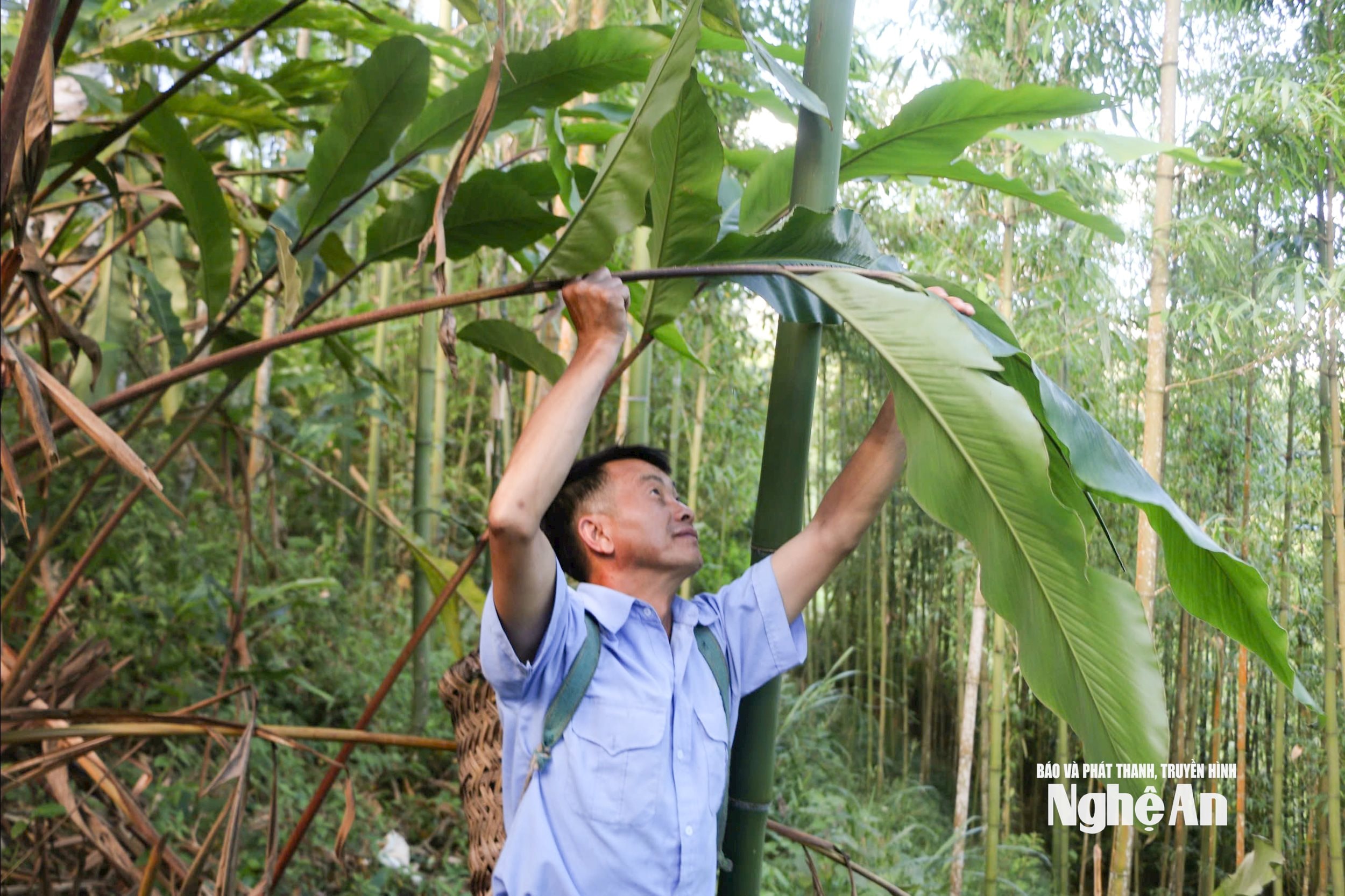
“This tree is suitable for the soil, has few pests and diseases, requires little care, and sells for a high price. People are very excited. This year, the bo bo crop and price are good, so the income of households that grow and protect bo bo is quite high,” Mr. Denh shared.
Muong Xen Commune is the locality with the largest area of natural bo bo in the province. Along the way, people's yards are covered with bamboo screens to dry bo bo seeds. "Fresh fruit is sold for 8,000 - 10,000 VND/kg, dried seeds are sold for 84,000 - 86,000 VND/kg. 10 kg of fresh fruit can be processed into 1.5 kg of dried seeds. Therefore, people also boil, peel, and dry themselves to increase the value, "taking labor for profit", Mr. Denh added.
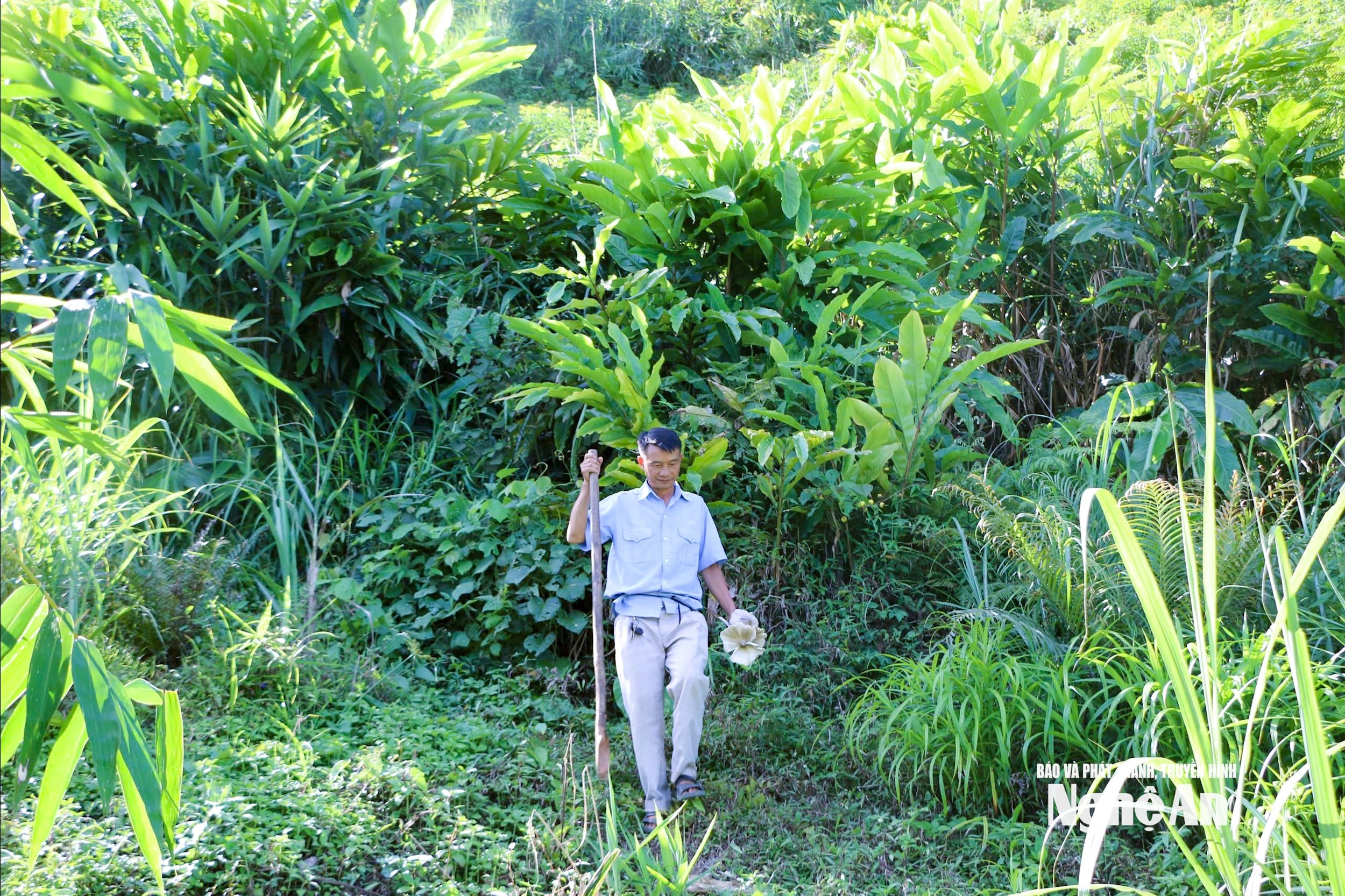
The most bustling atmosphere of the bo bo season is in Tri Le commune (a merger of Nam Nhoong commune and the old Tri Le commune of Que Phong district). Along the way to the villages, everywhere you can see people carrying baskets full of bo bo.
Mr. Va Ba De, in Pa Khom village, planted 1 hectare of bo bo, harvested about 3 tons of fresh bo bo, sold to traders for 8,000 - 9,000 VND/kg, earning 25 million VND. "Growing bo bo is easy, requires little care, and the price is good. This year, there is both a good harvest and good prices, so everyone is happy," he said.
The highlight of this year's bo bo season is the appearance of local purchasing and processing workshops, operating around the clock to promptly process and package the products. In Tri Le commune, Mr. Ho Lam - the owner of a purchasing workshop from Quy Hop commune (merged Quy Hop town and Chau Dinh, Chau Quang, Tho Hop communes of the old Quy Hop district) has set up a mobile workshop to serve the peak of the crop season.
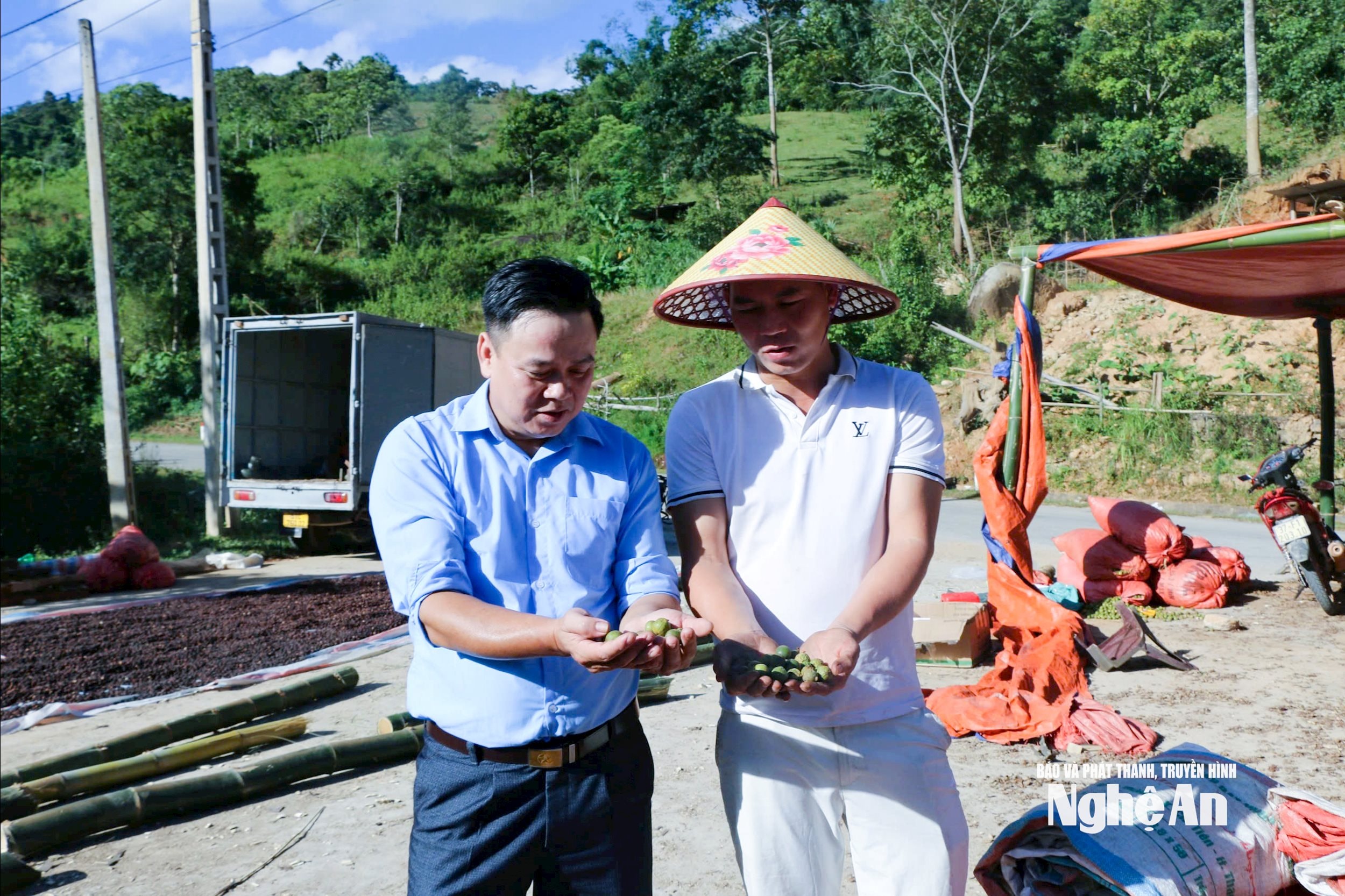
“Every day, I buy about 20 tons of fresh fruit, hiring nearly 140 seasonal workers for peeling, steaming, drying, and packaging. The average income per person is 250,000 - 300,000 VND/day, overtime can be nearly 500,000 VND,” said Mr. Lam.
Thanks to processing factories, bo bo is processed on the spot, maintaining quality, reducing transportation costs and selling at higher prices. People are both assured of output and have more jobs. Ms. Loc Thi Tien, in Tam Hop village, Tri Le commune, shared: "Before, I only picked bo bo to sell fresh, now I work in the drying and packaging factory, every day I earn an extra 250,000 - 500,000 VND, saving many expenses".
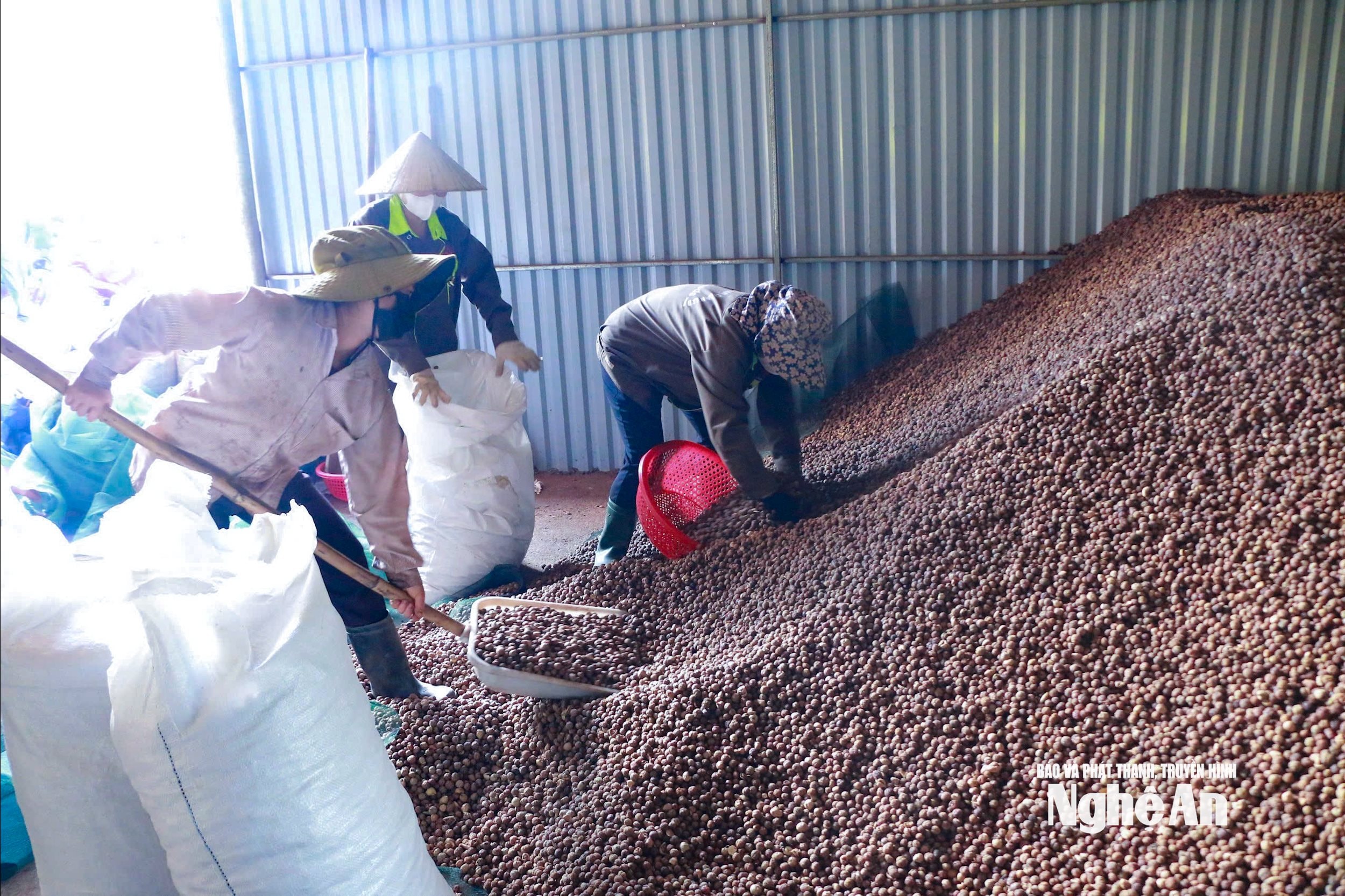
The Morinda officinalis plant, a member of the ginger family, with the scientific name of Cardamom, grows wild under the forest canopy. In the past 10 years, when its economic value became known, people have proactively intercropped it with other plants to both preserve the forest and increase income. The whole province currently has about 2,800 hectares of Morinda officinalis, with an annual output of thousands of tons, most of which is exported to China to serve the production of traditional Chinese medicine.
Bo bo not only brings “green gold” to the mountains and forests but also opens up a sustainable development direction for medicinal plants in Western Nghe An. With high prices, stable output and continuously operating processing factories, this year’s bo bo season truly brings complete joy to the people in the highlands.
Source: https://baonghean.vn/thu-qua-la-moc-hoang-thanh-vang-xanh-nguoi-dan-mien-tay-xu-nghe-thu-ve-hang-chuc-trieu-dong-10304319.html





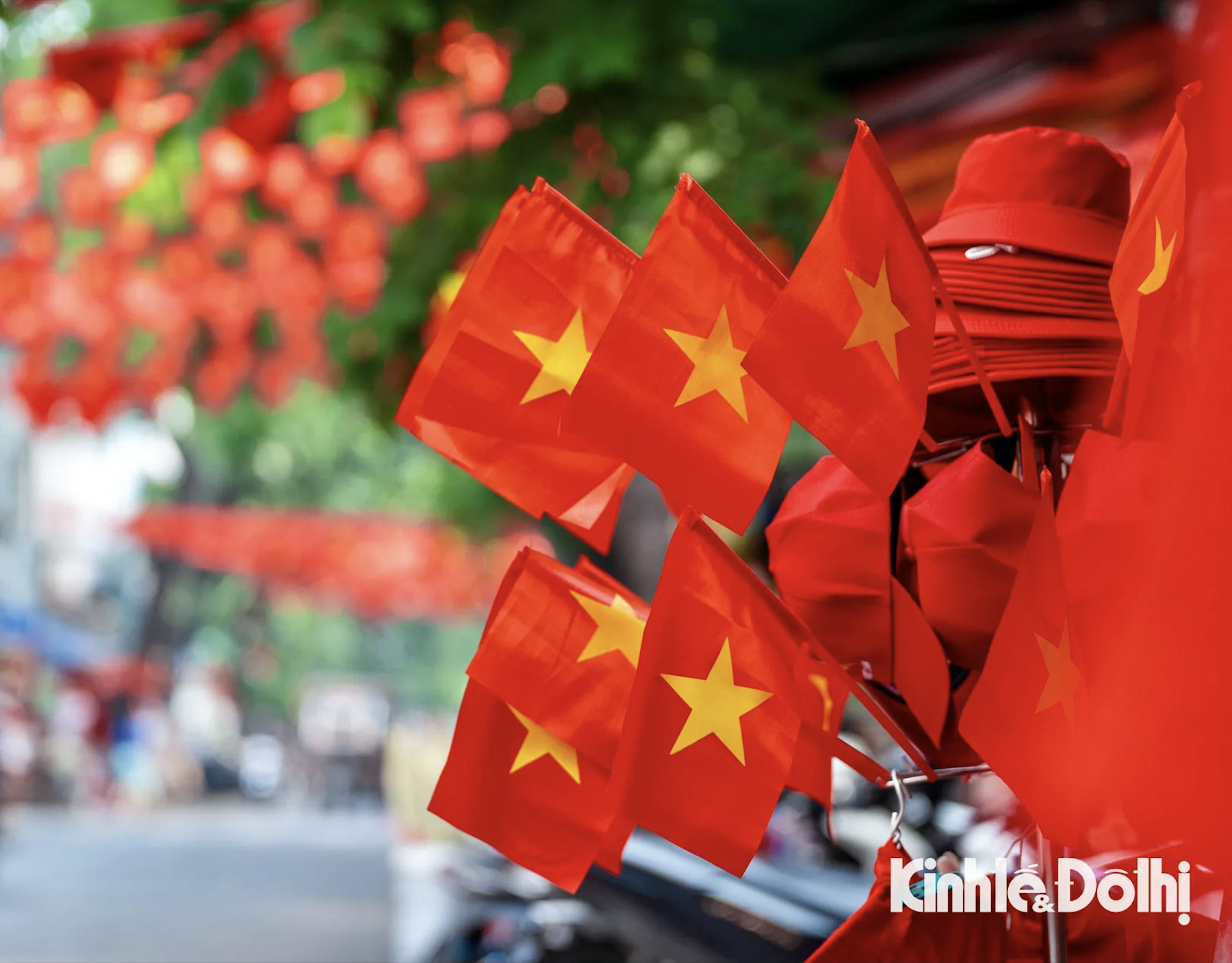

![[Photo] President Luong Cuong receives delegation of the Youth Committee of the Liberal Democratic Party of Japan](https://vstatic.vietnam.vn/vietnam/resource/IMAGE/2025/8/22/2632d7f5cf4f4a8e90ce5f5e1989194a)

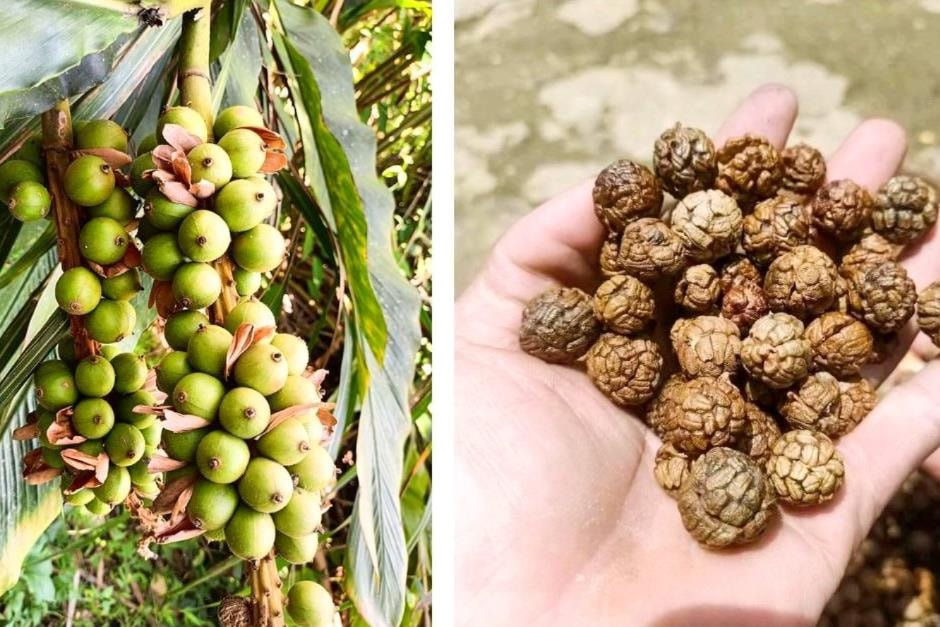


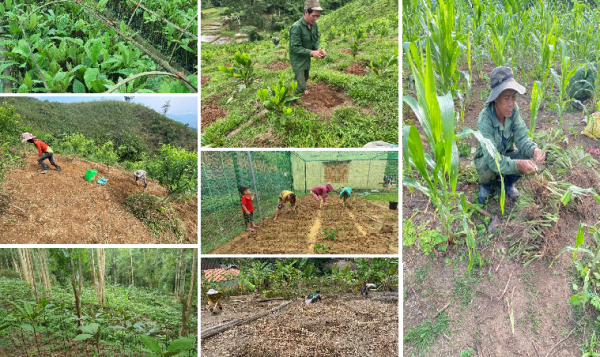



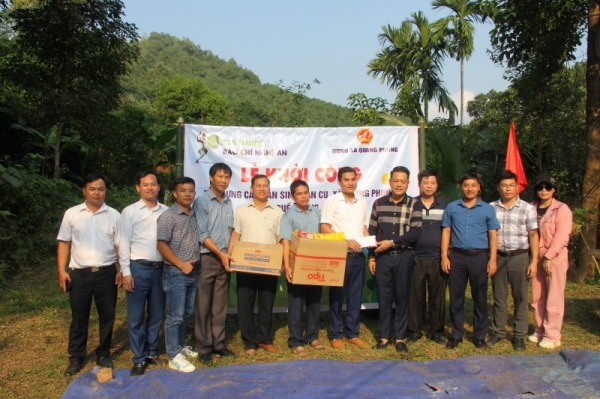

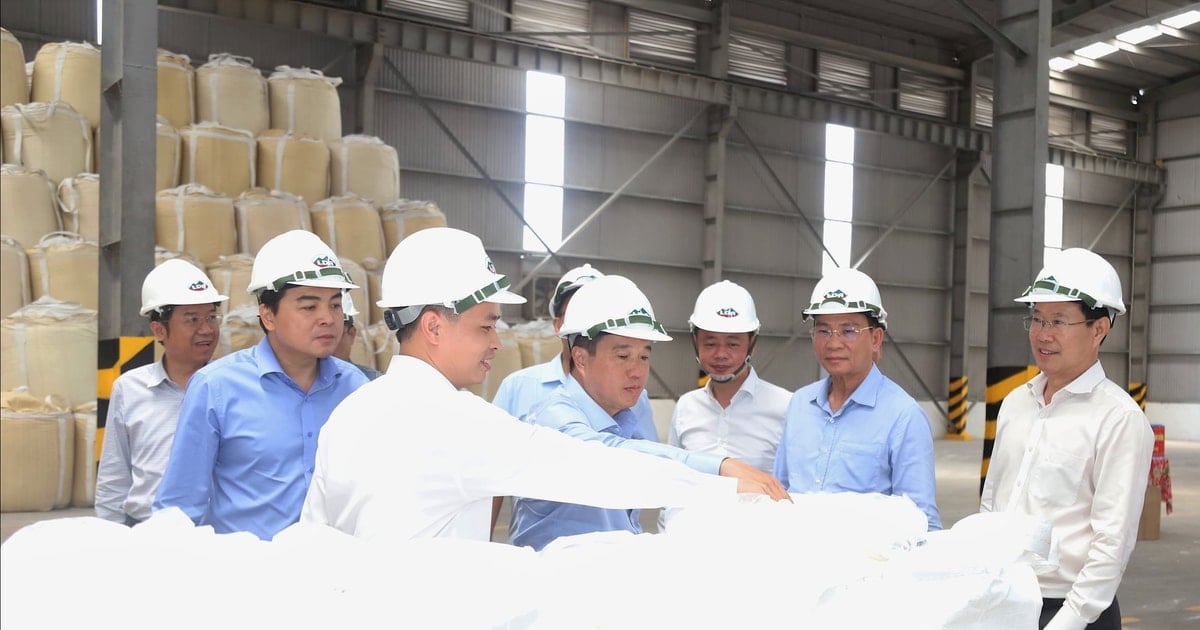

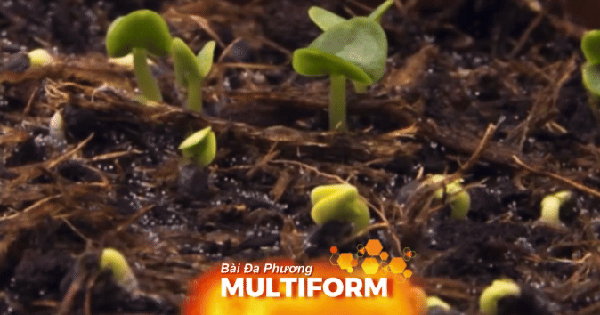


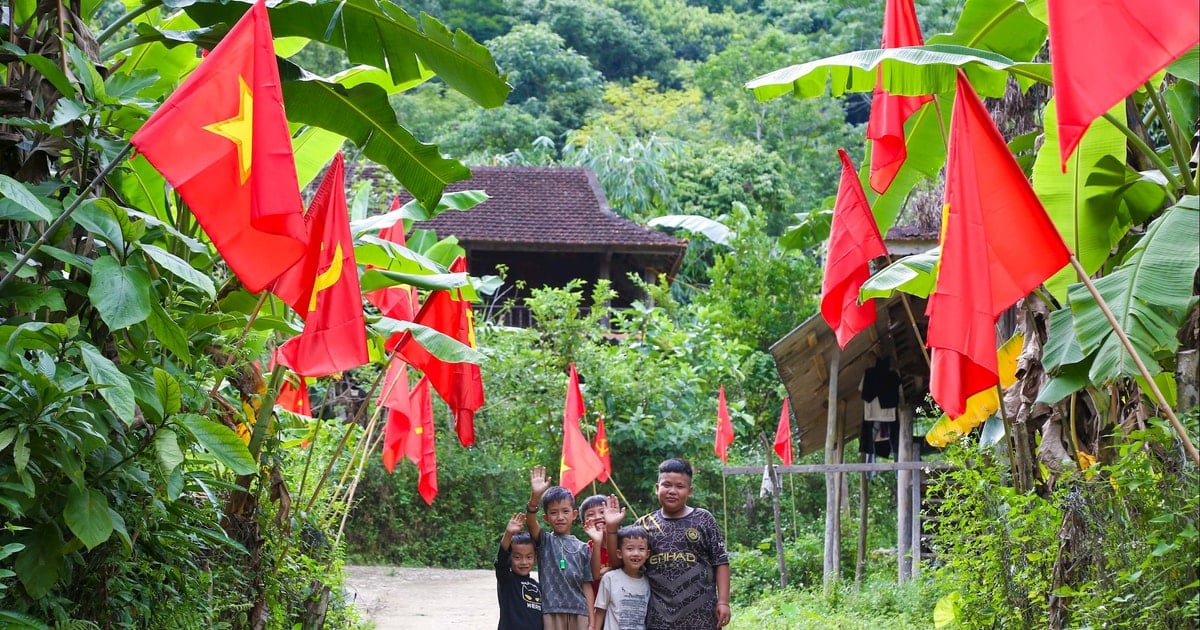
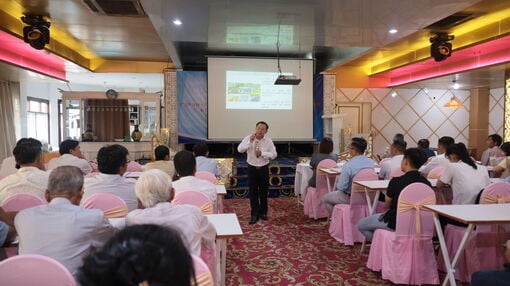






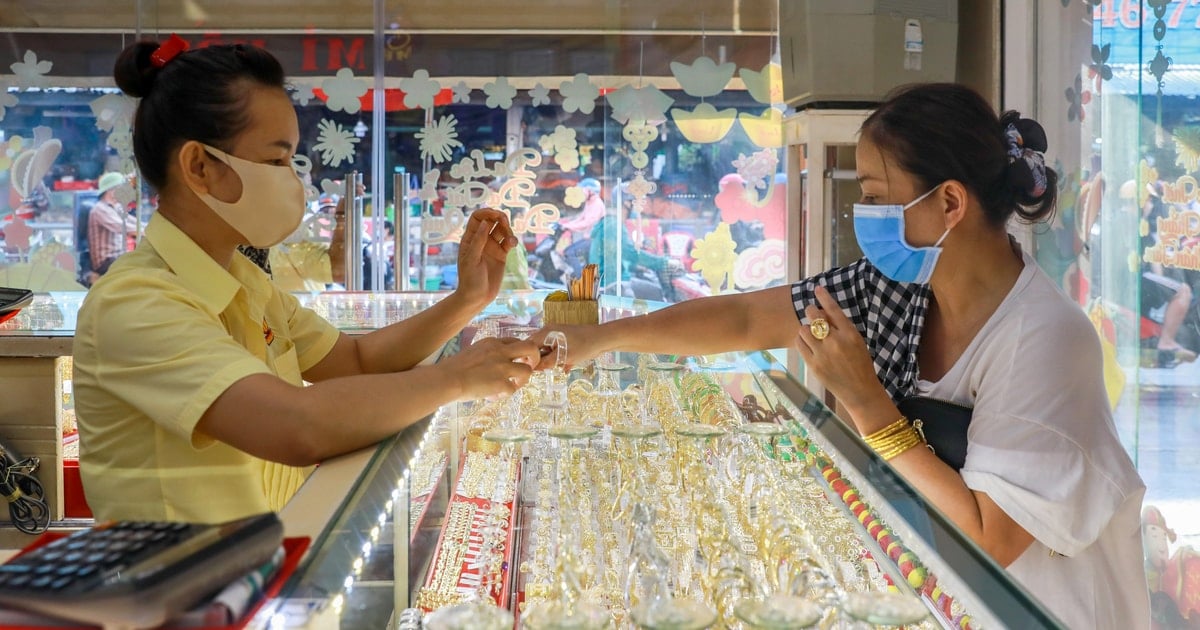
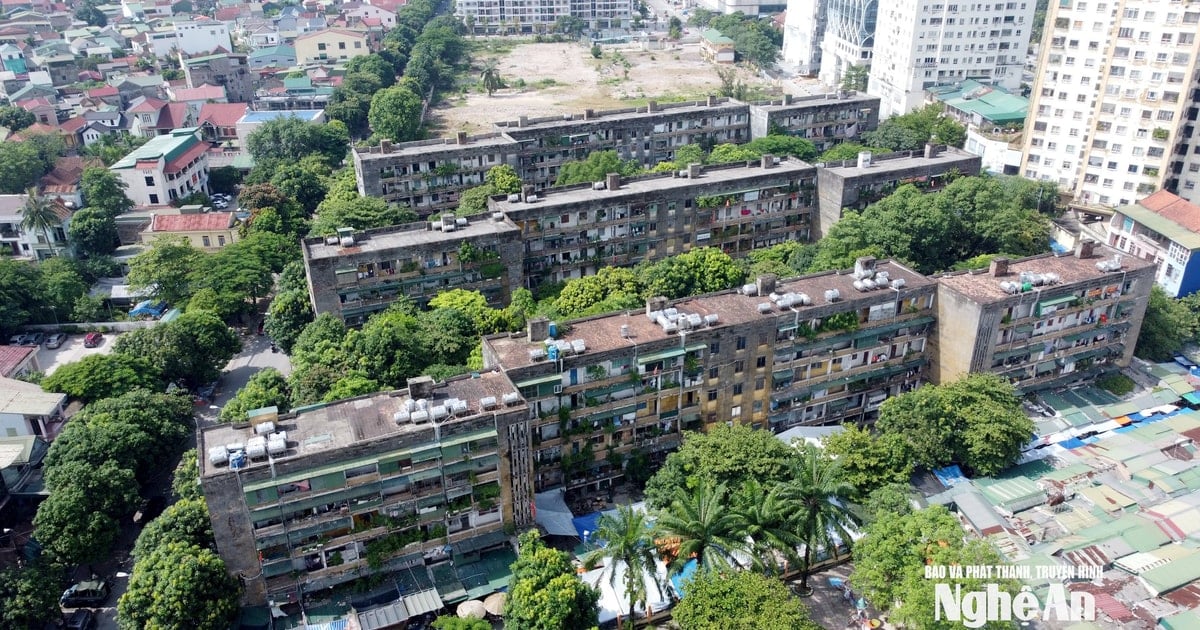
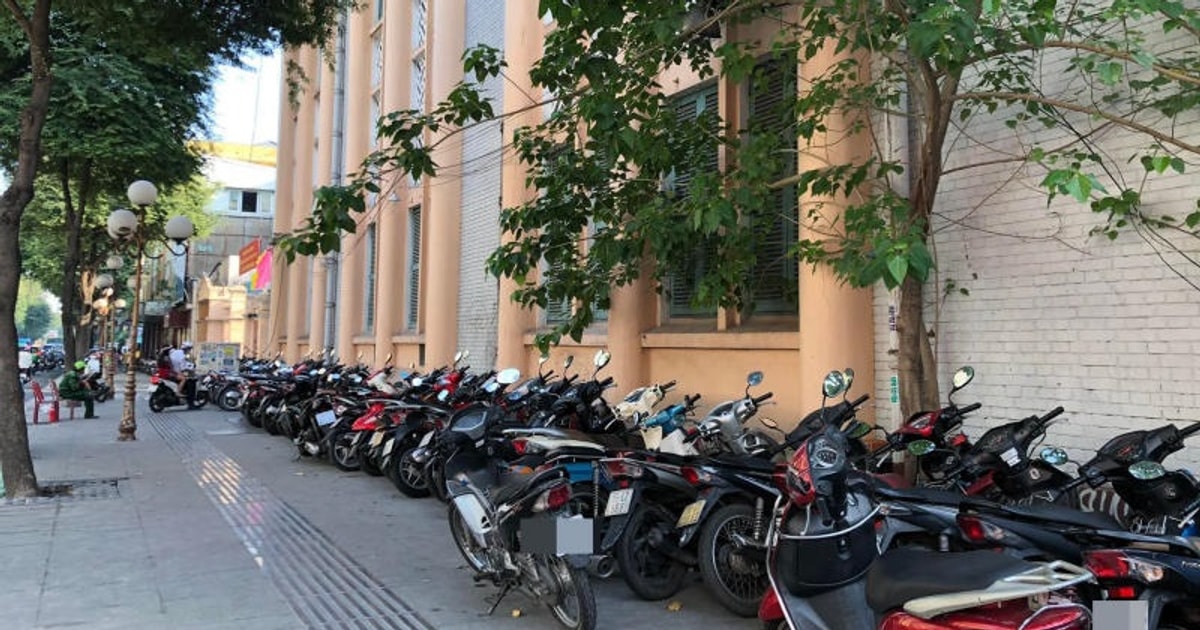





















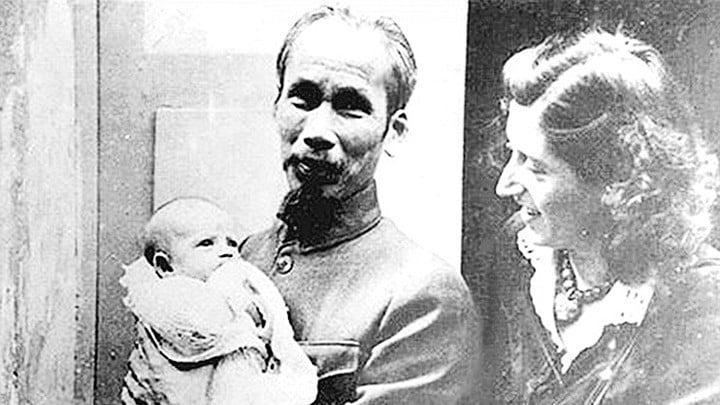





















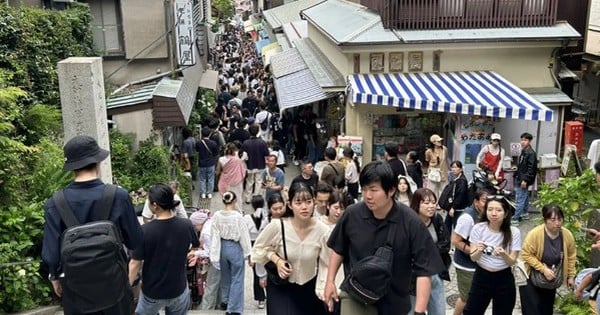


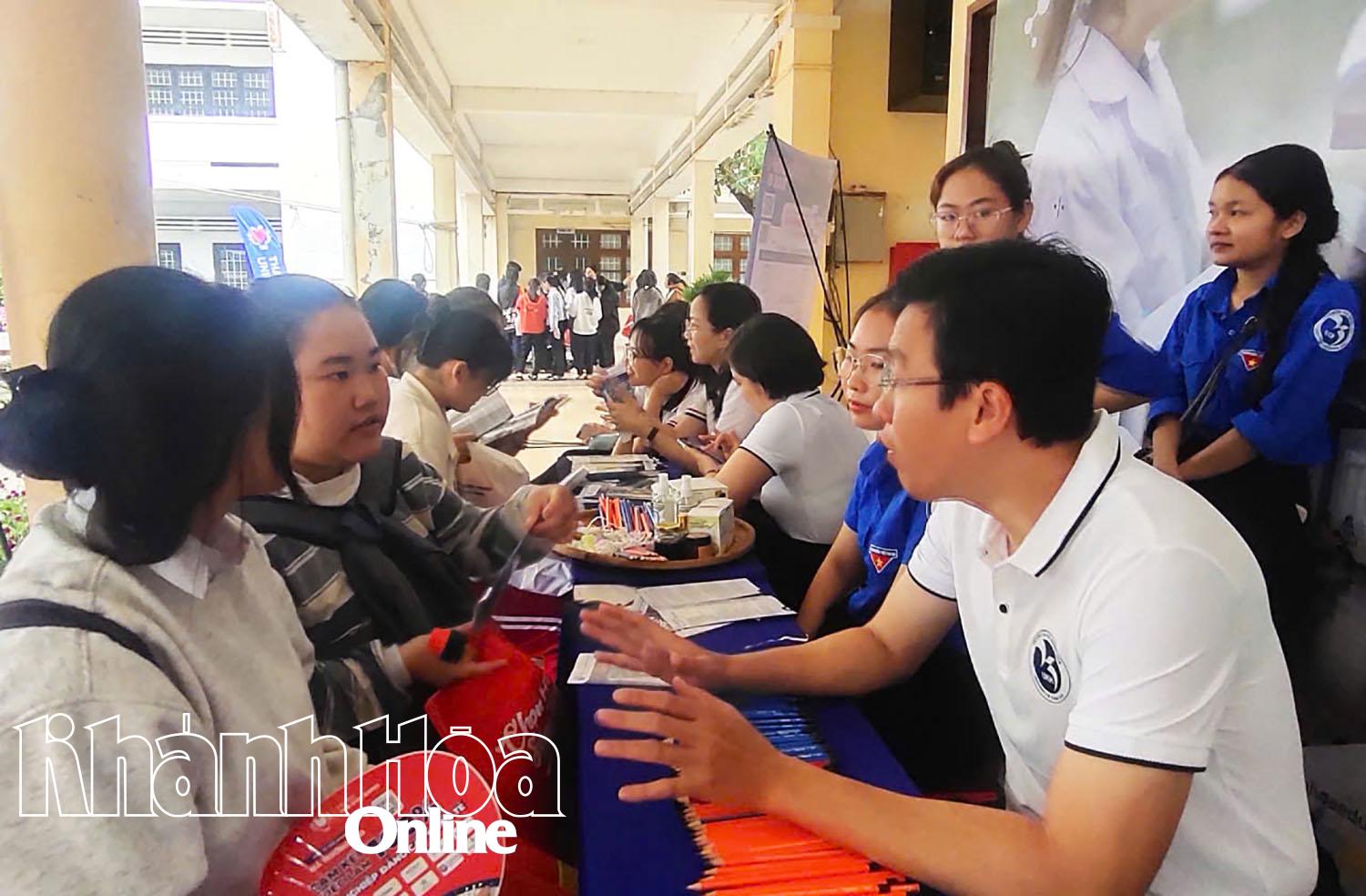



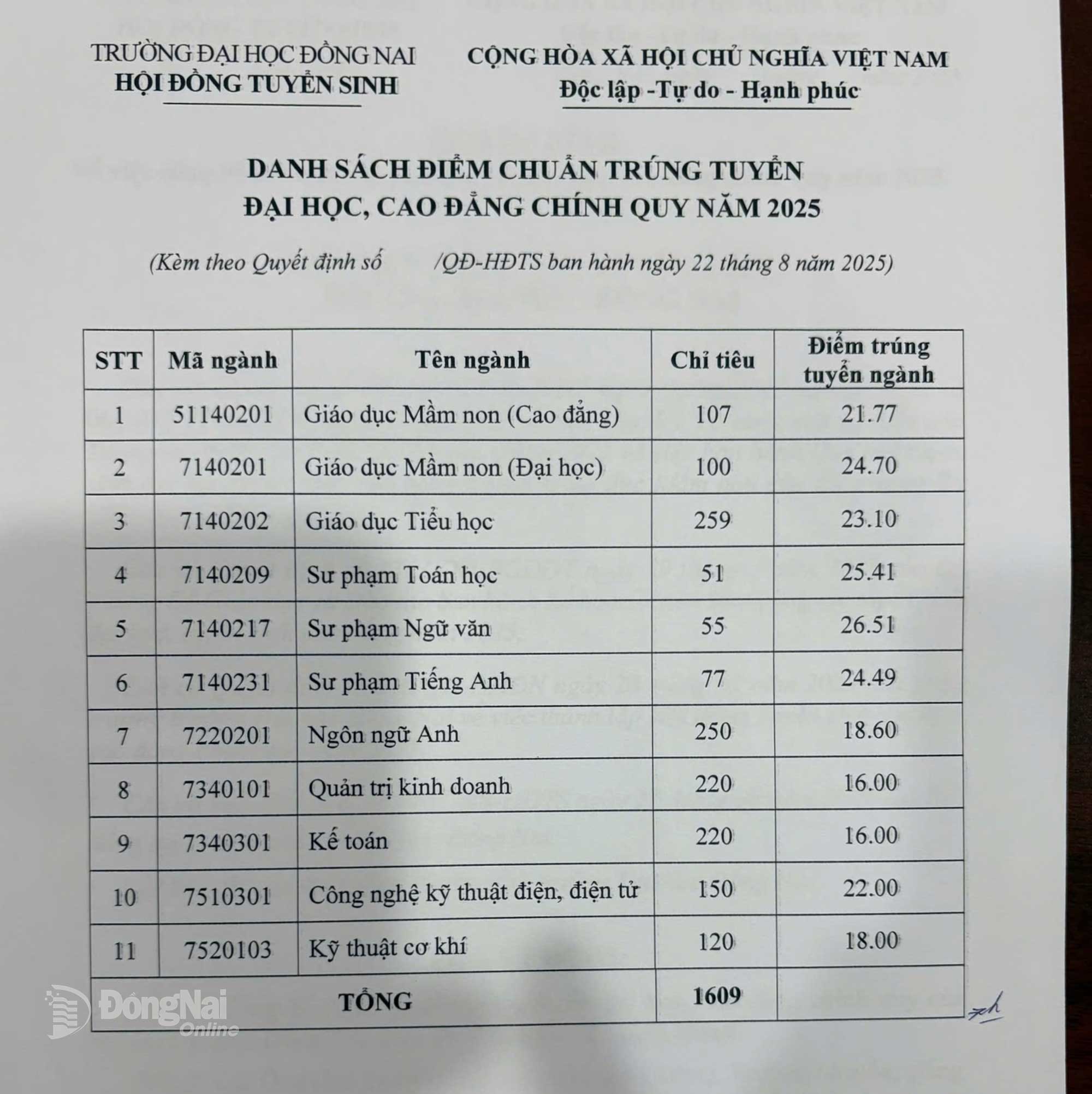







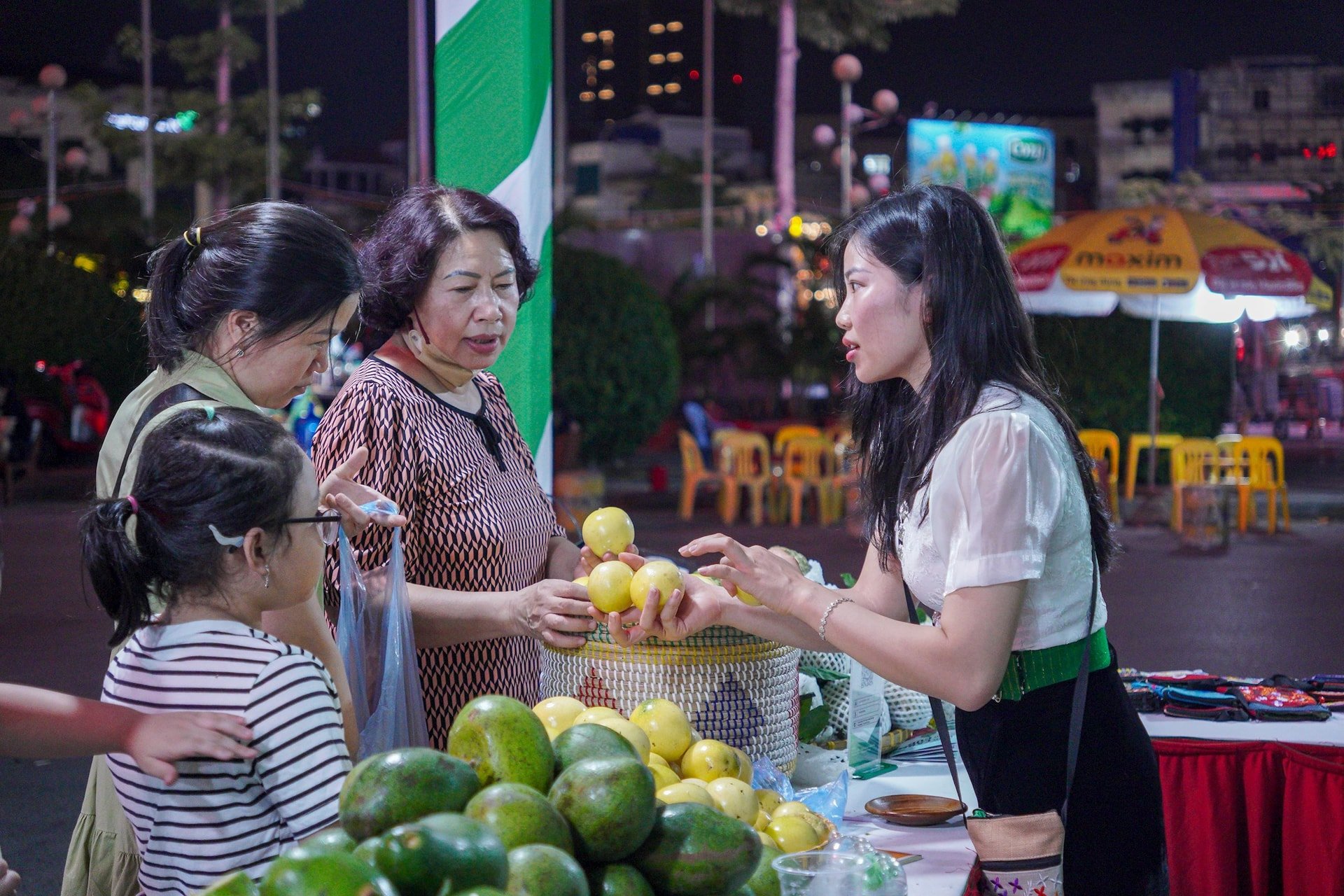






Comment (0)